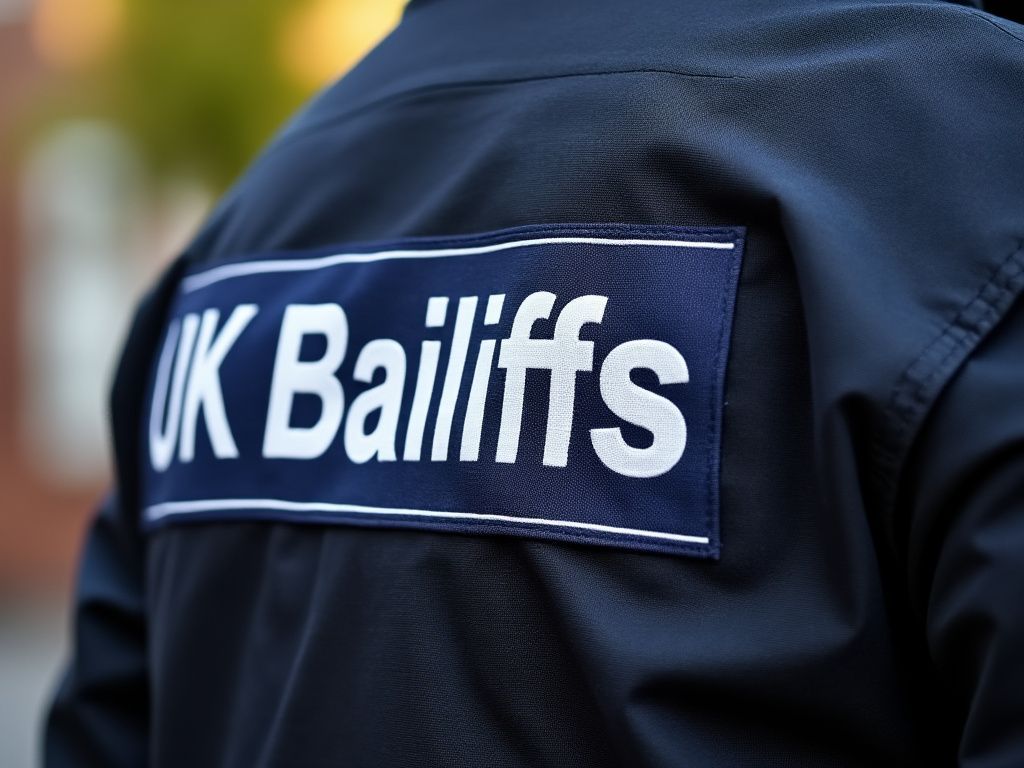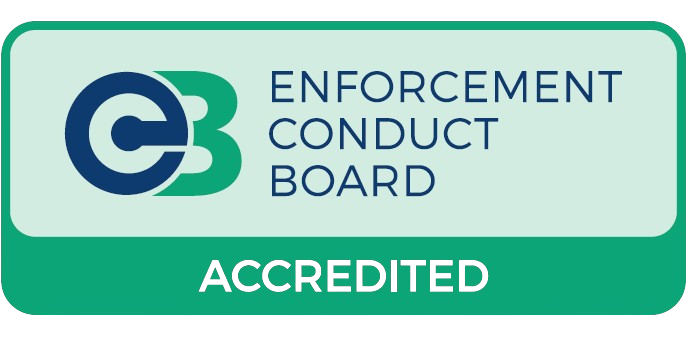NEWS and Updates
CRAR - The Immediate Court Order?
December 13, 2024
With Commercial Rent Arrears, there’s a common misconception that unfolds again and again.
It goes something like this: A landlord, frustrated by a non-paying tenant, reaches out to us for help. In a matter of days—not weeks or months, but days—the landlord’s tenant suddenly sits up, takes notice, and often settle their arrears swiftly.
Impressed, the landlord assumes we must have gone through the formal legal channels—perhaps an expedited court order—to achieve this rapid result.
In truth, nothing could be further from the case. We haven’t rushed through the notoriously slow court system, nor have we fast-tracked a court judgment to get bailiffs knocking on the debtors door. Instead, we’ve made use of CRAR (Commercial Rent Arrears Recovery)—a powerful and efficient statutory process that allows landlords to use bailiffs to recover unpaid rent without the need for court intervention.
Yet, because of how quickly and effectively we operate under CRAR, many landlords genuinely believe we’ve conjured up an unlikely miracle of judicial efficiency.
Why the Confusion? The confusion stems from long-held assumptions about how rent recovery works. Many landlords think that to have enforcement agents like UK Bailiffs attend a property, seize goods if necessary, and bring a tenant’s overdue rent to the forefront, you must first go through the courts.
After all, that’s how it often works in residential settings or for other types of debt?
Court orders, county court judgments, and high court writs are firmly embedded in the public consciousness as the standard route to forced compliance.
This ingrained belief leads landlords to conclude that if enforcement agents are knocking at the door so quickly, it must mean the courts have suddenly become efficient—almost overnight.
They imagine a judge signing off on paperwork in record time, handing down a writ that empowers us to take immediate action. The reality, however, is that CRAR requires no court order at all. It’s a direct, legally compliant tool provided by statute, giving commercial landlords a swift, effective way to recover rent.
The Stark Contrast With the Courts The UK court system is many things—methodical, thorough, and grounded in principles of fairness—but “fast” is rarely one of them.
Obtaining a County Court Judgment (CCJ) and then transferring it up to a High Court Writ can take many months. This includes everything from administrative delays to the tenant’s opportunity to dispute the claim, file defence’s, and request hearings. By the time a writ is finally in hand, the rent arrears might have ballooned, and the landlord’s financial position could be seriously compromised.
Compared to this lengthy, complex route, CRAR feels like the legal system on steroids.
But make no mistake: CRAR isn’t a secret shortcut through the courts—it runs parallel to the judicial process, entirely independent of it, and is specifically designed to be swift and straightforward.
What Makes CRAR So Efficient?
- No Court Order Needed: CRAR is a statutory remedy. As long as certain conditions are met—such as the rent being purely commercial (not mixed-use or residential) and the arrears being at least seven days overdue—you can instruct certificated enforcement agents like UK Bailiffs to recover the rent.
- Direct Enforcement Powers: Under CRAR, enforcement agents can attend the tenant’s commercial premises and take control of goods if the tenant fails to pay. There’s no waiting on a judge’s signature or waiting for hearing dates and the enforcement agent has as many powers as if he were there under a Court Order.
- Transparency & Compliance: CRAR is not a legal loophole; it’s a recognized, legal and regulated process. Enforcement agents must follow strict guidelines, providing notices have been send and opportunities for tenants to comply, ensuring the method is fair as well as effective.
The Irony of the Misunderstanding
Ironically, because CRAR works so well and so quickly, it leads some landlords to credit the courts for efficiency they simply don’t have. They believe companies like UK Bailiffs, must have a direct line to a judge, or that we have “special powers” within the legal system. In fact, all we have is a thorough understanding of CRAR, a highly streamlined, efficient procedure, and the right team of enforcement professionals ready to act.
Why This Matters for You
Understanding what’s really happening behind the scenes can empower landlords to make smarter decisions about rent recovery. By recognising that CRAR is a swift statutory remedy, landlords can take action much earlier, without waiting for arrears to escalate and without entering the lengthy maze of court proceedings.
A Fair Outcome, Achieved Efficiently
The bottom line? We’re not working miracles with the court system—we’re simply utilising a powerful legislative tool that’s designed for precisely this purpose. By using CRAR, we’re able to recover commercial rent arrears far more quickly than the courts ever could.
That efficiency might feel like magic if you’ve only ever heard the slow, drawn-out tales of courtroom battles. But once you understand how CRAR works, you’ll see that it’s not magic—it’s simply making the most of the remedies legally available to you.
So the next time you find yourself pleasantly surprised at how swiftly UK Bailiffs have enforced your Commercial Rent Arrears, remember: it’s not the courts suddenly becoming lightning-fast. It’s CRAR doing exactly what it was created to do—empowering commercial landlords to enforce their rights without months of legal wrangling.
#CRAR #CourtOrders #CCJ #UKBailiffs #RentArrears
Find out more : Using Commercial Rent Arrears Recovery | What Is CRAR?









